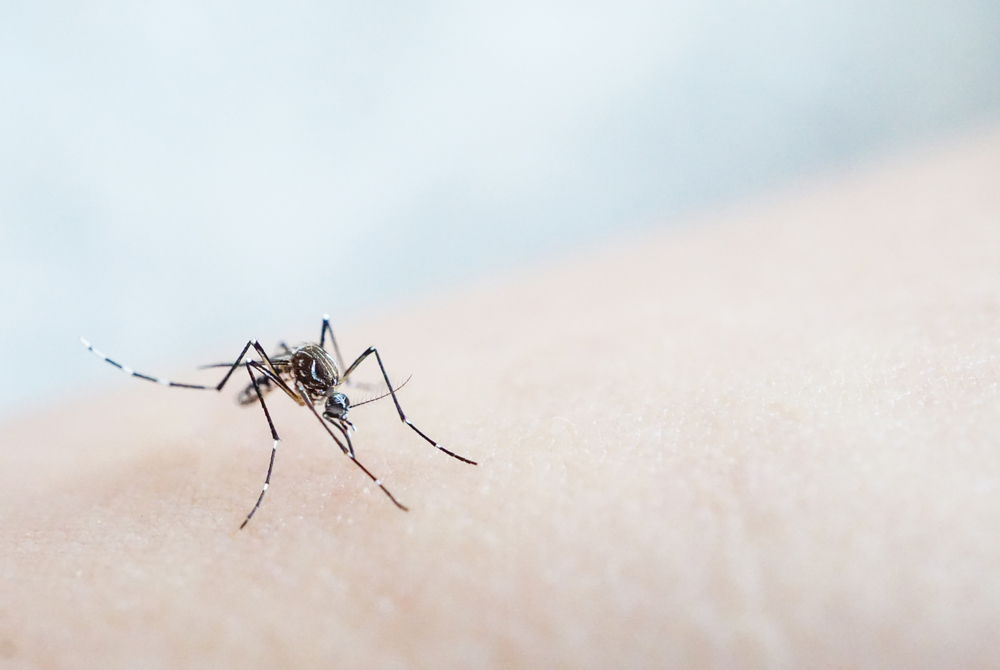
Scientists may have changed the way Chikungunya vaccines can be designed, produced, and stored, with the creation of a new type of synthetic vaccine that can be stored at warmer temperatures without the need for refrigeration.
The results of the vaccine study, published in Science Advances Today earlier this week, show an engineered synthetic protein that revolutionizes the reach and mobility of protection against Chikungunya, a mosquito-transmitted virus.
The vaccine was created by researchers from CNRS and the University of Bristol, together with computer technology company Oracle.
“We were working with a protein that forms a multimeric particle resembling a virus but is completely safe because it has no genetic material inside,” Pascal Fender, an expert virologist at the French National Centre for Scientific Research (CNRS), said. “Completely by chance, we discovered that this particle was incredibly stable even after months, without refrigeration.”
Chikungunya is capable of causing headaches, vomiting, swelling of limbs, and death, in extreme cases. Since its first outbreak in sub-Saharan Africa, it has spread globally due to climate change and deforestation of its hosts’ natural habitat. However, its roots are in developing countries, often with less than adequate means of preventing or managing outbreaks. This is why the increased transportability of the new vaccine is so important.
“We were thoroughly delighted,” Imre Berger, director of the Max Planck-Bristol Centre for Minimal Biology in Bristol, said. “Viruses are waiting to strike, and we need to have the tools ready to tackle this global threat. Our vaccine candidate is easy to manufacture, extremely stable, and elicits a powerful immune response. It can be stored and transported without refrigeration to countries and patients where it is most needed. Intriguingly, we can now rapidly engineer similar vaccines to combat many other infectious diseases just as well.”
Particles designed by the research group have, thus far, yielded promising results in animal studies.




